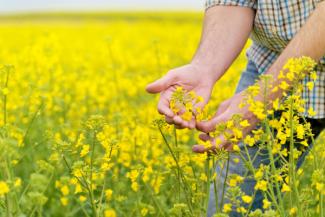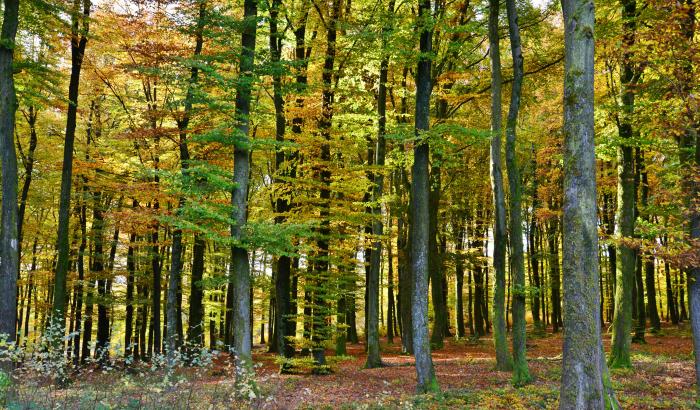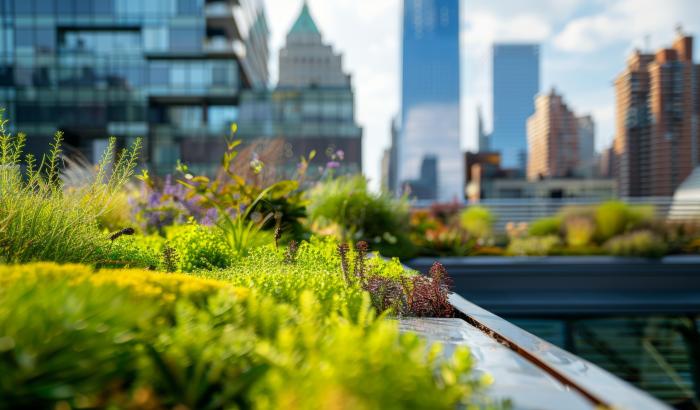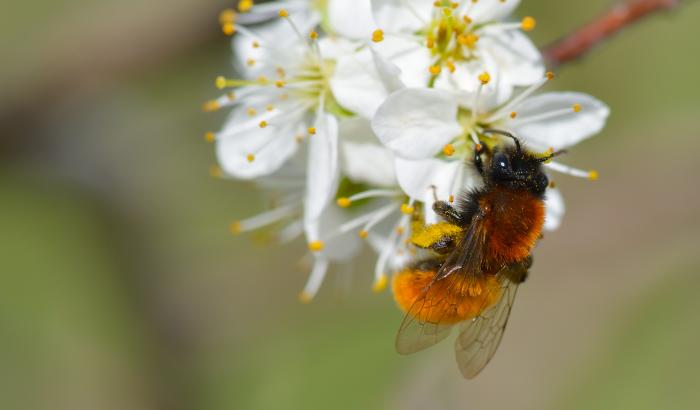
With the help of field trials and drones, LIST researchers aim to reduce the risk of groundwater contamination.
An important crop in Luxembourg, winter oilseed rape is grown on 4000 ha on average per year and is characterized by intense usage of both fertilizers and pesticides, especially herbicides, which can contaminate the groundwater in Luxembourg’s water resources. This bitter observation raises the question of a greener
agriculture.
Thanks to multi-site agricultural field trials, researchers from the Luxembourg Institute of Science and Technology (LIST) together with partners have identified adapted cropping techniques and explored potential substitutes for pesticides. They have also tested drones to assist in the development of precision agriculture techniques.
Promising results after two years of experiments
Last year, partners already revealed the potential of new cropping techniques, especially those of “Colza Associé” which consists of a mixed crop of rapeseed, lentils and clover.
Allowing the reduction of both the number of herbicide applications and the risk of ground water contamination, they can be successfully integrated in agriculture even if it will change the operational procedures for the farmers.
As for the previous year, the results of this second experimental year turn out to be very encouraging:
The cultivation of biologically grown oilseed rape surprised with very good yields. This is an indicator that growing conditions were suitable for oilseed rape in 2017 even under a high pressure of insect pests. While these findings
still need to be confirmed in the coming years, this culture already stands out as a real opportunity for biologically producing farmers.
Precision agriculture with the help of drones
A new technical approach based on drones has been developed in cooperation with the German start-up GEOCOPTIX in order to identify weed plants, plants that grow completely spontaneously in the field.
This remote sensing approach is the first step to establish precision agriculture techniques in Luxembourg and develop new techniques for environmental protection.
Next steps
Like in the first year, field trials will continue over the next years and will focus on herbicide residues in the soil of the different experimental varieties. As a possible alternative for oilseed rape, oil-producing hemp will be grown and tested as a next step.
Additionally, data-sets on the composition of weed plants in interaction with cropping techniques will be recorded.
A project with many partners
Since 2015, LIST and its partners, the Fördergemeinschaft Integrierte Landbewirtschaftung, the Chambre d’Agriculture and the Lycée Technique Agricole aspire to reduce the risk of potential ground water contamination by pesticides in winter oilseed rape.
The project “Efficient Crop Rotation Systems for Oilseed Rape” (EFFO) is co-funded by the Ministry of Sustainable Development and Infrastructure, the Ministry of Agriculture, Viticulture and Consumer Protection and the Ministry of Higher Education and Research.
For more information on the projects and the results, please contact Michael Eickermann, michael.eickermann@list.lu
Author: LIST
Editor: Michèle Weber (FNR)
Photo: shotshop.com




